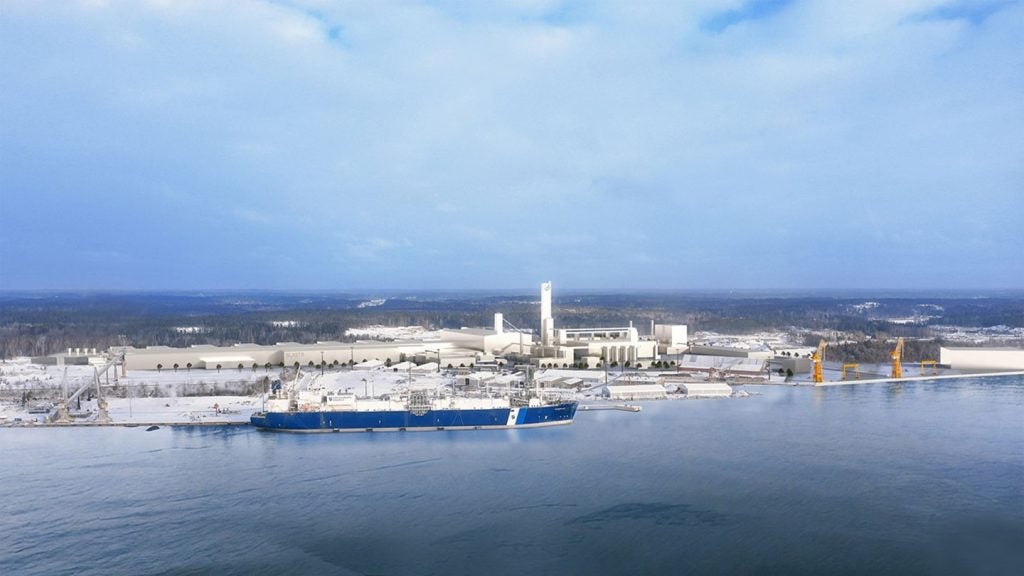Blastr Green Steel has signed a memorandum of understanding (MOU) with INTERFER Edelstahl Group, a European steel trading company, to supply 150,000 tonnes of ultra-low-CO₂ steel products annually.
This deal represents the second offtake agreement in a little over a month, accounting for a total of 10% of the anticipated capacity at Blastr’s green steel facility in Inkoo, Finland.
Currently under development, the Inkoo steel plant is set to produce 2.5 million tonnes of ultra-low-CO₂ steel annually.
Blastr Green Steel CEO Mark Bula said: "INTERFER is one of Blastr’s shareholders and we are very pleased to expand our partnership to also include delivery of low-carbon steel products. The agreement demonstrates continued customer demand for decarbonised steel products at a market premium reflecting the need for new investments in Europe’s steel industry.
“It also underpins our joint commitment to enabling material climate change impact by bringing green steel to the market at scale."
Blastr is developing a low-carbon-steel value chain with reduced CO₂ emissions by using hydrogen instead of coal in the production process. The feedstock used is also made using clean energy.
Additionally, Blastr is developing a green DR pellet plant in the UK to meet the growing demand for sustainable industrial solutions in Europe.
The agreement with INTERFER entails the long-term supply of ultra-low-CO₂ steel products produced at the Inkoo plant.
INTERFER Edelstahl Group CEO Gerold Lorenz,said: “Entering into this MOU and thus resulting in the offtake of ultra-low-CO2 HRC grade steel is the next and consequential step for INTERFER Edelstahl Group, following the investment taken by our affiliate INTERFER Austria.
“The aim to support the green transition and build a sustainable future is the key driver for us to invest in and promote green steel. Blastr’s ultra-low-CO2 HRC grade steel will be an excellent addition to our product portfolio, and we are looking forward to offering this high-grade material to our customers.”
Blastr intends to deliver HRC grade steel with total embodied CO₂ emissions of less than 500kg of CO₂ equivalent per tonne, encompassing scope 1, 2, and 3 emissions.
This is significantly lower than the approximately 2,200kg of CO₂ equivalent per tonne seen in conventional steelmaking.
Deliveries are expected to commence by the end of 2029, with discussions on a binding agreement set to begin in early 2025.









